Argonne researchers identify another reason why fast-charging degrades the performance of Li-ion batteries
Green Car Congress
DECEMBER 5, 2021
A new study by researchers from Argonne National Laboratory and the University of Illinois Urbana-Champaign seeking to identify the reasons that cause the performance of fast-charged lithium-ion batteries to degrade in EVs has found interesting chemical behavior of the anode as the battery is charged and discharged.



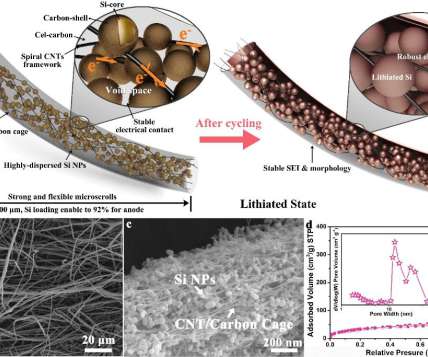
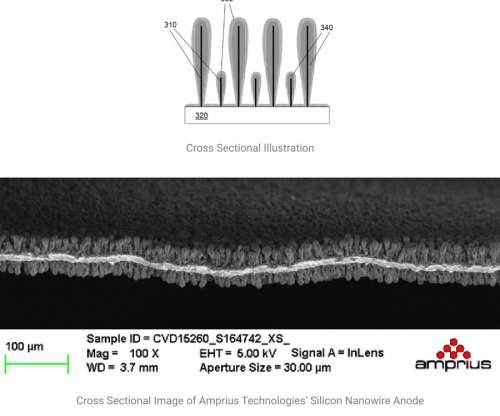
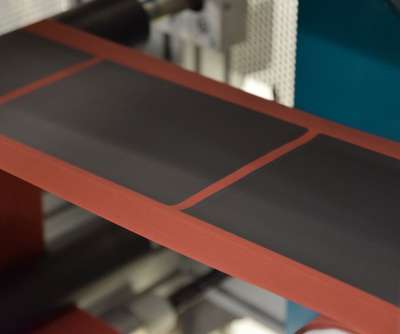

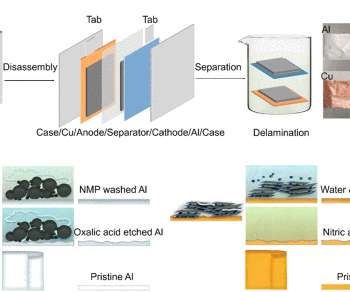
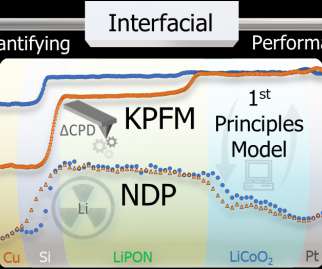
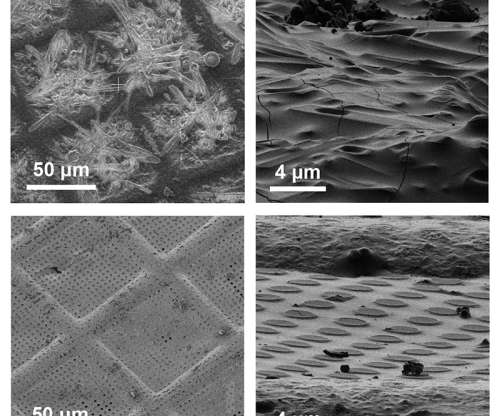







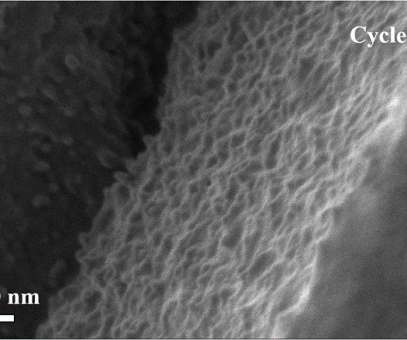
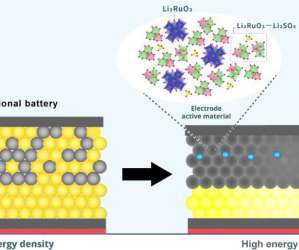

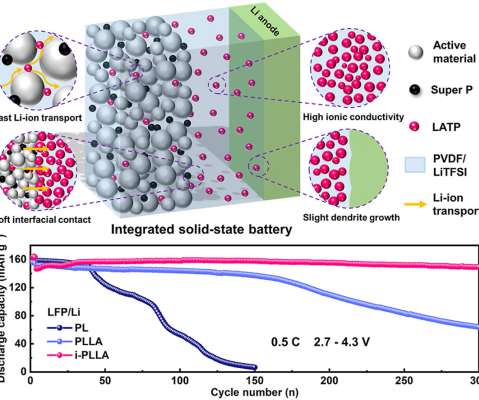

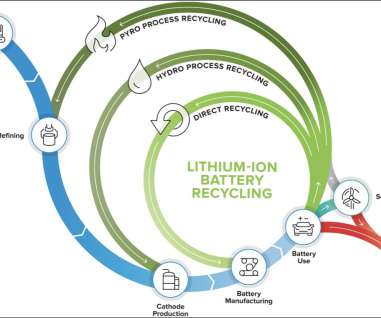


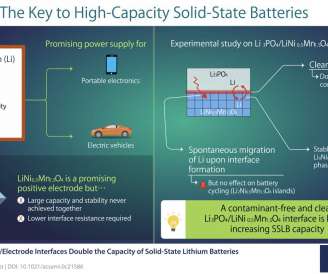
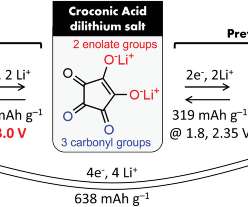








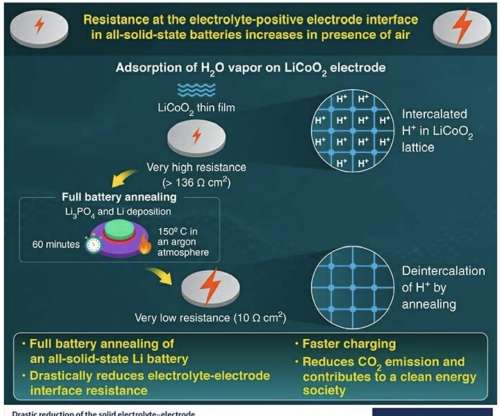






Let's personalize your content